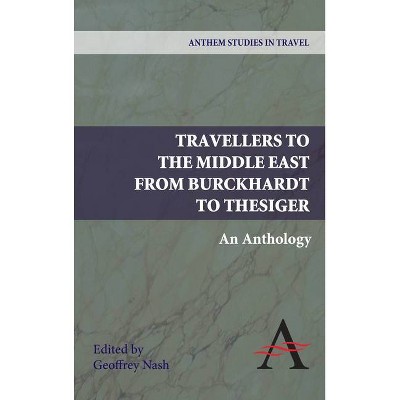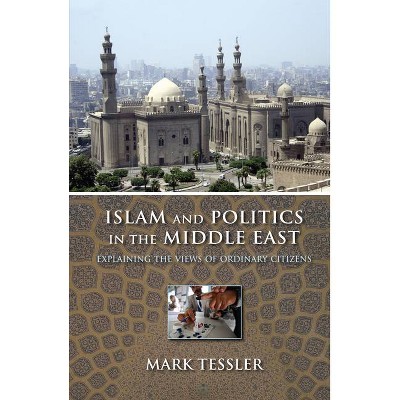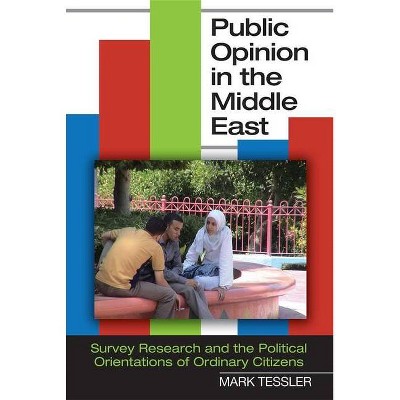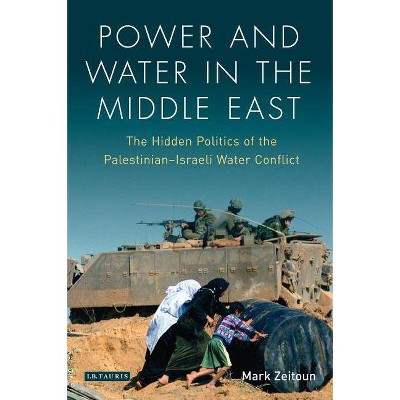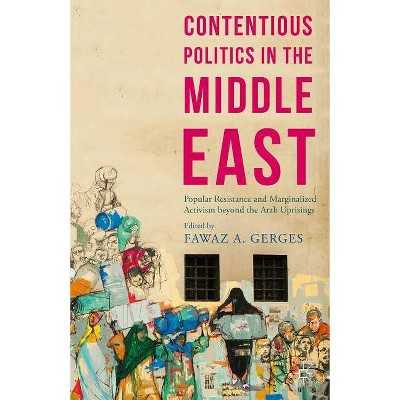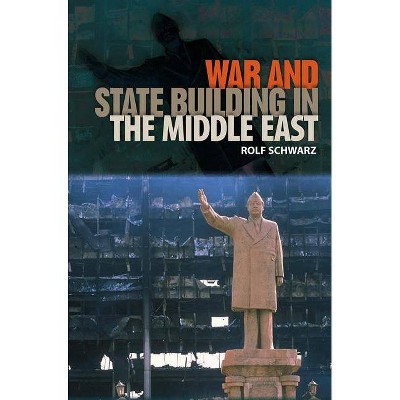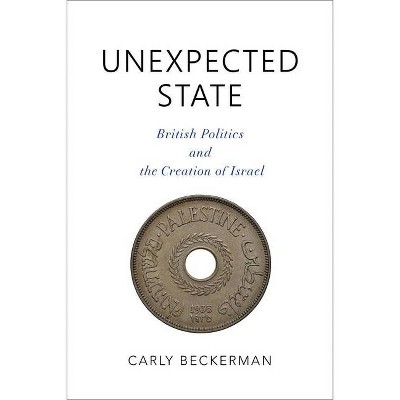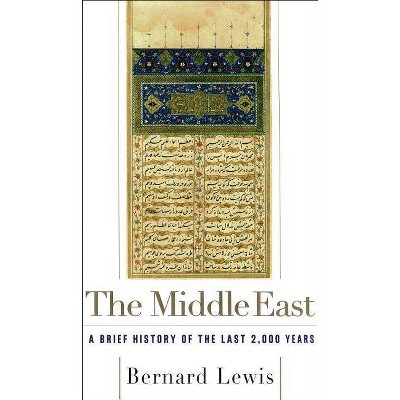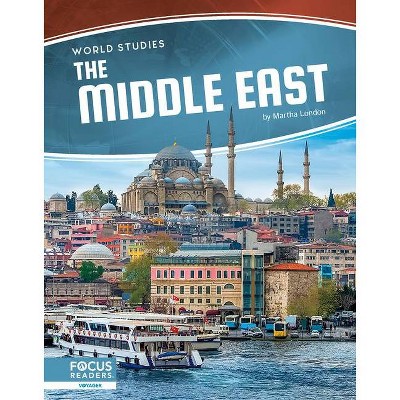American Arabists in the Cold War Middle East, 1946-75 - (Anthem Middle East Studies) by Teresa Fava Thomas (Paperback)
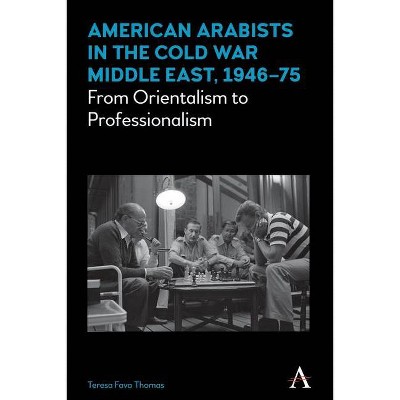
Similar Products
Products of same category from the store
AllProduct info
<p/><br></br><p><b> About the Book </b></p></br></br>It examines US State Department's Middle East area experts during the Cold War, known as Arabists or Middle East hands, showing how their backgrounds and education differed crucially from that of their predecessors.<p/><br></br><p><b> Book Synopsis </b></p></br></br><p>This study examines America's Middle East area specialists and their experience over three critical decades of foreign policy, aiming to understand how they were trained, what they learned, what was their foreign policy perspective, as well as to evaluate their influence. The book examines the post-1946 group and their role in the formulation and implementation of Middle East policy, and how this has shaped events in the relationship between American and the Middle East.</p><p>The book examines the worldview of these modern "Arabists" or Middle East hands. It also examines their interactions with the peoples of the region and with American presidents through a series of case studies spanning the Eisenhower through the Ford administrations. Case studies shed light on Washington's perceptions of Israel and the Arab world, as well as how American leaders came to regard (and often disregard) the advice of their own expert advisors. The Middle East Area Program (MEAP) was established at Beirut to train US Foreign Service Officers to communicate in Arabic and to understand the region and all its peoples. Middle East hands replaced the old East Coast elite who had staffed the interwar Near East Bureau. The program promised rapid advancement, but required them to invest two years at the American University of Beirut in order to immerse themselves in language training and area studies.</p><p>Over three decades, the program recruited, selected and trained a corps of approximately fifty-three diplomats, who were a much more diverse, middle-class group than their predecessors. They were ambitious careerists who sought the fast track to the top, ultimately serving throughout the Arab world and in Israel, staffing the State Department's area desks and advising presidents. Many were skilled political reporting officers; and almost all of them became ambassadors as America expanded its presence in the region during the period of waning British influence. The program transformed the core of the State Department staff, replacing the old network of Orientalists with this small corps of highly-trained professionals. Ultimately, despite their expertise and a realistic view of American interests, their advice was often overridden by external political concerns.</p><p/><br></br><p><b> About the Author </b></p></br></br><p>Teresa Fava Thomas is a professor of history at Fitchburg State University in Massachusetts.</p>
Price History
Price Archive shows prices from various stores, lets you see history and find the cheapest. There is no actual sale on the website. For all support, inquiry and suggestion messagescommunication@pricearchive.us
